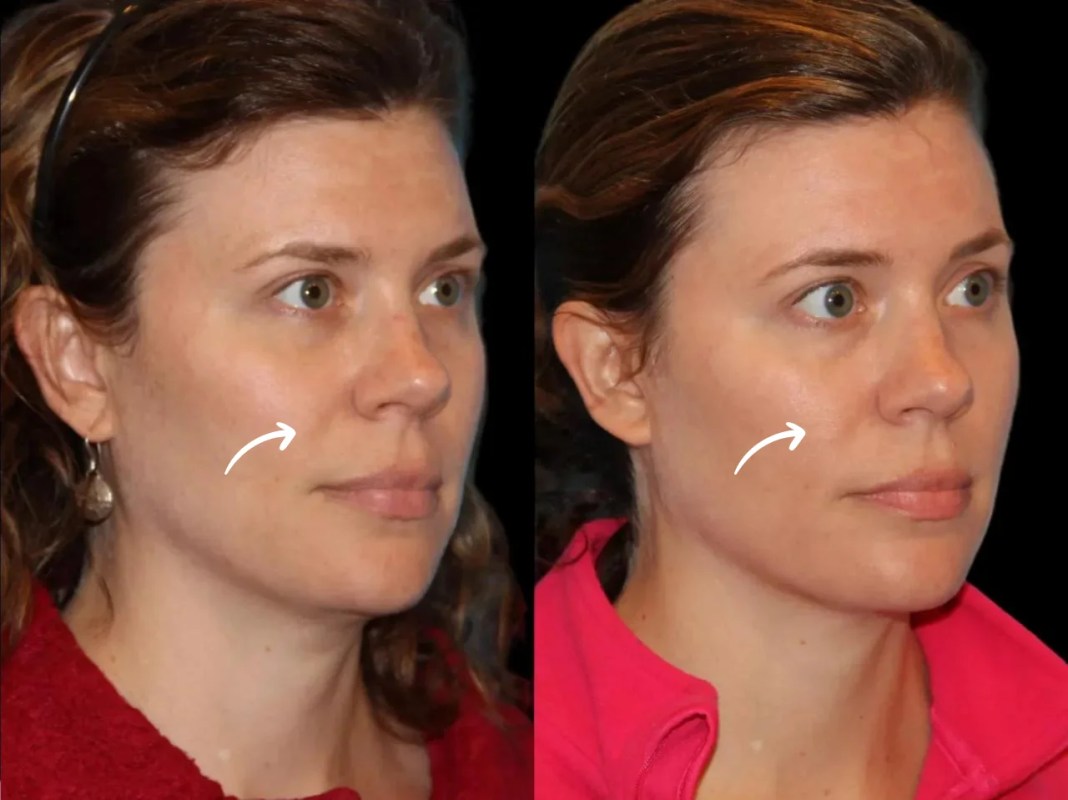In recent years, the concept of microdosing magic mushrooms has gained significant attention among those seeking to improve their mental well-being, creativity, and overall quality of life. Microdosing refers to the practice of consuming very small, sub-perceptual amounts of psychedelic substances like psilocybin—the active compound found in magic mushrooms. Unlike full psychedelic trips, microdosing does not produce hallucinations or intense sensory experiences. Instead, it is believed to offer subtle enhancements to mood, focus, and emotional balance. As with any emerging trend, understanding both the potential benefits and risks is crucial for anyone considering this practice.
Table of Contents
ToggleWhat is Microdosing?
Microdosing typically involves taking about one-tenth to one-twentieth of a standard psychedelic dose of psilocybin. At this level, most people do not experience overt changes in perception, but many report noticeable improvements in mental clarity, energy, and emotional resilience. A common microdosing schedule involves taking the dose every three days or following a more structured routine such as four days on, three days off.
The goal is not to escape reality, but rather to enhance one’s ability to engage with it. Microdosers often aim to reduce anxiety, elevate mood, and spark creativity without impairing daily functioning.
Potential Benefits of Microdosing Magic Mushrooms
-
Improved Mood and Emotional Balance
Many individuals report that microdosing helps alleviate symptoms of depression, anxiety, and emotional instability. While these benefits are largely anecdotal, those who microdose often describe feeling lighter, more positive, and better equipped to manage stress. The subtle mood lift can help people feel more present and less consumed by negative thought patterns. -
Enhanced Creativity and Focus
Another frequently mentioned benefit is an increase in creative thinking and problem-solving abilities. Microdosers often experience improved cognitive flexibility, which can help them approach tasks and challenges from new angles. In work environments, people sometimes find that microdosing helps them stay more focused and engaged, leading to greater productivity. -
Greater Mindfulness and Self-Awareness
Some users find that microdosing encourages mindfulness and emotional introspection. It can help people become more aware of their thought patterns and reactions, making it easier to break unhealthy cycles or habits. This heightened self-awareness can contribute to personal growth and emotional healing. -
Reduced Symptoms of Anxiety and Depression
While formal clinical studies are still catching up, many people turn to microdosing as a way to manage mental health challenges like anxiety and depression. Unlike traditional medications, which can take weeks to show effects and sometimes come with side effects, some report that microdosing provides relatively fast mood improvements with minimal adverse reactions. -
Physical Energy and Motivation Boost
Microdosing can sometimes result in a subtle increase in energy levels, similar to the uplifting effects of caffeine but without the jitteriness. This can help people tackle daily responsibilities and maintain motivation throughout the day.
Potential Risks of Microdosing Magic Mushrooms
-
Lack of Regulation and Standardization
One of the main risks associated with microdosing is the absence of controlled, standardized dosages. The potency of magic mushrooms can vary widely between species and even between individual mushrooms. Without precise measurement, it’s possible to accidentally take too much, leading to unexpected psychoactive effects. -
Legal Issues
In many parts of the world, psilocybin remains illegal. This can pose significant legal risks for those who choose to microdose, including fines or criminal charges. While some regions have begun decriminalizing or legalizing psilocybin for medical and personal use, it’s essential to understand the legal status in your specific area before considering microdosing. -
Potential for Psychological Discomfort
Although microdoses are intended to be sub-perceptual, some people may still experience mild anxiety, discomfort, or unease, especially if they are highly sensitive to psilocybin or if the dose is accidentally too high. Individuals with a history of mental health disorders, particularly psychosis or schizophrenia, should avoid microdosing due to potential risks. -
Unknown Long-Term Effects
Because microdosing is a relatively new practice in modern contexts, there is limited scientific research on its long-term effects. While short-term experiences may seem positive, the cumulative impact over years of microdosing is still unclear.
Best Practices for Microdosing Safely
-
Start Small and Measure Carefully
Begin with the lowest possible dose to gauge your sensitivity and response. A typical microdose is around 0.1 to 0.3 grams of dried magic mushrooms. Use a precise scale to avoid accidental overdosing. -
Follow a Consistent Schedule
Most people microdose every three days to prevent building tolerance. Following a structured schedule helps maintain effectiveness and minimizes the risk of psychological dependence. -
Keep a Journal
Documenting your experiences can help you track mood changes, productivity levels, and emotional responses. This self-awareness allows you to adjust your dosage or schedule as needed and can help you determine whether microdosing is truly beneficial for you. -
Be Mindful of Set and Setting
Even at low doses, your mental state and environment can influence your experience. It’s best to microdose on days when you feel stable and have a supportive environment around you. -
Consult with a Medical Professional
If you have any underlying health conditions or are taking other medications, it’s wise to consult with a healthcare provider, preferably one familiar with psychedelic therapy, before beginning a microdosing regimen.
Conclusion
Microdosing magic mushrooms offers a promising avenue for enhancing mood, creativity, and mental clarity. However, like any substance, it comes with risks and uncertainties that must be carefully considered. By practicing caution, starting with minimal doses, and staying informed, individuals interested in microdosing can make more mindful decisions about their mental and emotional well-being. As research in this field continues to grow, we can hope to better understand the long-term impact and therapeutic potential of this intriguing practice.


